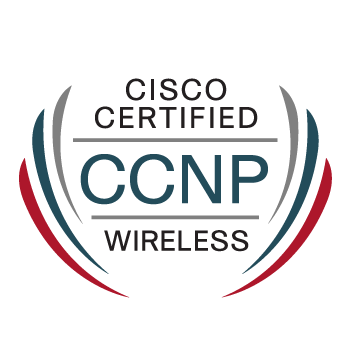- Cisco Community
- Technology and Support
- Security
- VPN
- Anyconnect checking computer domain
- Subscribe to RSS Feed
- Mark Topic as New
- Mark Topic as Read
- Float this Topic for Current User
- Bookmark
- Subscribe
- Mute
- Printer Friendly Page
Anyconnect checking computer domain
- Mark as New
- Bookmark
- Subscribe
- Mute
- Subscribe to RSS Feed
- Permalink
- Report Inappropriate Content
12-07-2014 07:35 AM - edited 02-21-2020 07:58 PM
Good Morning gentlemen
We have a project to be implemented regarding Anyconnect VPN clients connecting to a firewall ASA, and a requirement is checking the machine domain to permit connection. For example, if the notebook belongs to domain example.com, connection will be permitted.
The main reason is to permit only customer allowed machines (not personal desktops, smartphones).
I could not find anything related in group-policy attributes.
Anyone could help me with some idea?
Regards
Christian
- Labels:
-
AnyConnect
- Mark as New
- Bookmark
- Subscribe
- Mute
- Subscribe to RSS Feed
- Permalink
- Report Inappropriate Content
12-07-2014 08:55 AM
That's nothing that can be easily configured in a group-policy. There are two primary ways to achieve this:
- Enroll Machine-certificates to all PCs and authenticate the VPN-clients with certificate and AAA.
- Use the hostscan module to check for the PC-environment. For that you need the advanced endpoint assessment license (or the APEX license on AnyConnect 4) and some configuration in the DAP (dynamic access policies).
- Mark as New
- Bookmark
- Subscribe
- Mute
- Subscribe to RSS Feed
- Permalink
- Report Inappropriate Content
12-07-2014 09:21 AM
Apreciate your suggestions. Never seen using those features.
I've only had experience using LDAP-attribute-map for VPN attributes filtering.
Actually, customeer ASA is an ordinary 5550 using image 9.1(5)12. Probably not able to consider version 9.2 and above.
Only using Anyconnect Essentials license.
Anyone knows any good web link fpr further details regarding those presented solutions?
Thank you for your help
Christian
- Mark as New
- Bookmark
- Subscribe
- Mute
- Subscribe to RSS Feed
- Permalink
- Report Inappropriate Content
12-07-2014 09:45 AM
You're right - ASA 9.2+ is not supported on the End-of-Sales ASA models.
For your reference, here is a link to a TAC-published document explaining how to setup a configuration in the event that it's an option for other readers.
- Mark as New
- Bookmark
- Subscribe
- Mute
- Subscribe to RSS Feed
- Permalink
- Report Inappropriate Content
12-07-2014 09:48 AM
Version 9.1x is the last for the legacy ASAs, so you can't go to 9.2 or higher.
With AnyConnect 4 you could use Hostscan without a premium-license on the ASA, the AnyConnect client is licensed there (you need the APEX license then). But I'm not sure if that will work with the legacy ASAs.
Edit: I just see that "Basic endpoint collection" is included in the Plus license; so the APEX is not needed. This license is quite cheap. (25 users, 5 years for $65 list)
- Mark as New
- Bookmark
- Subscribe
- Mute
- Subscribe to RSS Feed
- Permalink
- Report Inappropriate Content
12-07-2014 08:59 AM
You can also do this with ISE Authorization policies - if you have ISE and use it as the RADIUS CoA-capable AAA server with your ASA (requires ASA code 9.2 or later).
- Mark as New
- Bookmark
- Subscribe
- Mute
- Subscribe to RSS Feed
- Permalink
- Report Inappropriate Content
12-08-2014 11:04 AM
Based on your recommendations, I think that for the customer environment, the more feasible soluction in this case would be authenticate de desktops with certificates.
But how can I perform this using SSL Anyconnect?..
Each user should be mapped to a group-policy based on his Windows AD group. Usually, I use a ldap-attibute map for this.
But for a specific Windows AD group, user only can be permitted the connection case theis machine pertains to domain example.com. I think I can configure this using certificates.
But no idea to link both solutions
Regards
Christian
- Mark as New
- Bookmark
- Subscribe
- Mute
- Subscribe to RSS Feed
- Permalink
- Report Inappropriate Content
10-07-2016 02:57 AM
See the following link here. It can be done using Host Scan and can be configured using a Dynamic Access policy.
Discover and save your favorite ideas. Come back to expert answers, step-by-step guides, recent topics, and more.
New here? Get started with these tips. How to use Community New member guide



